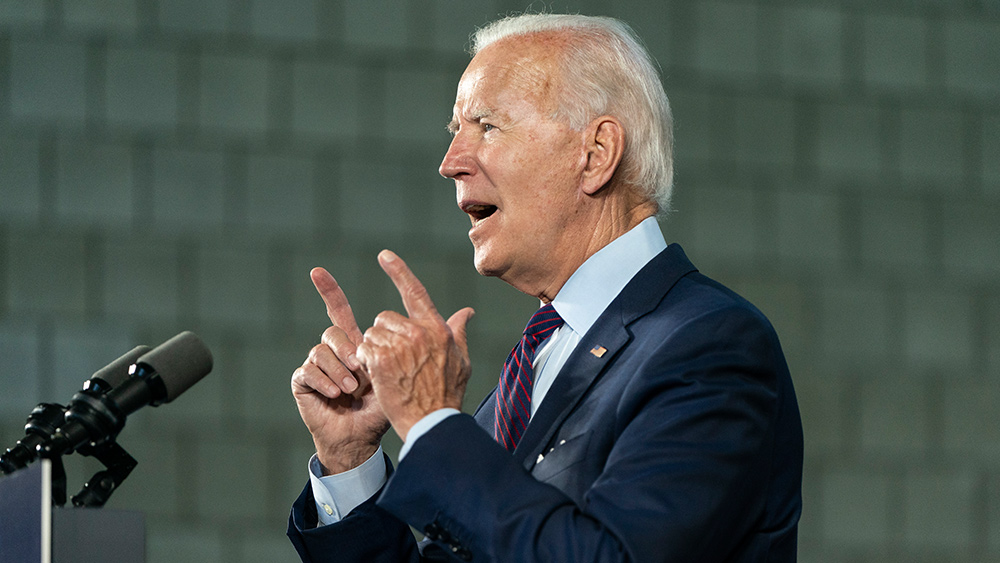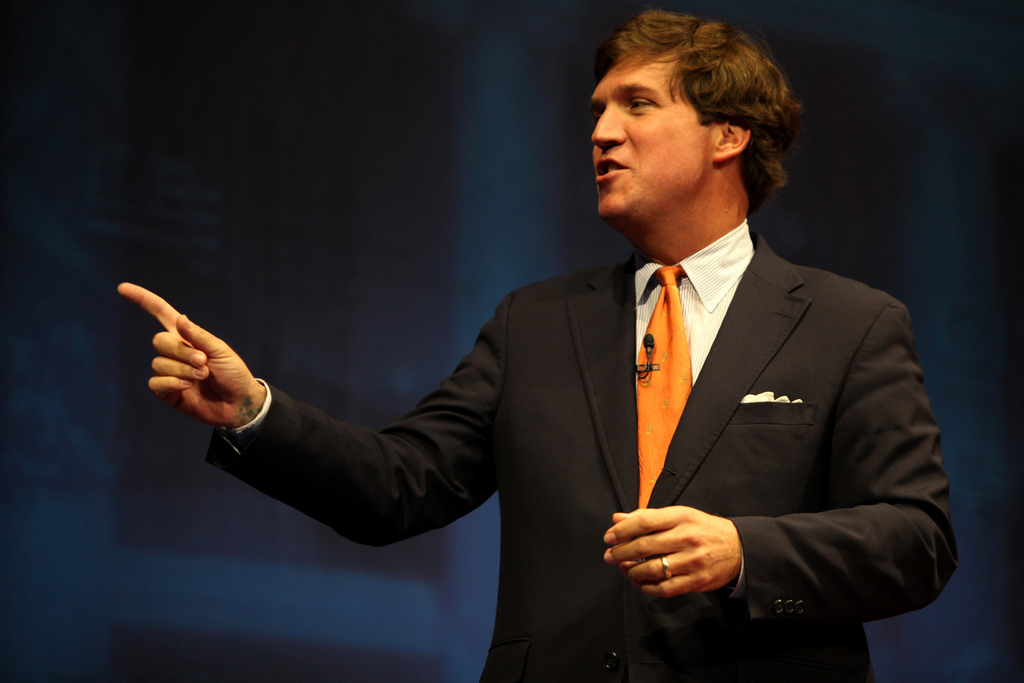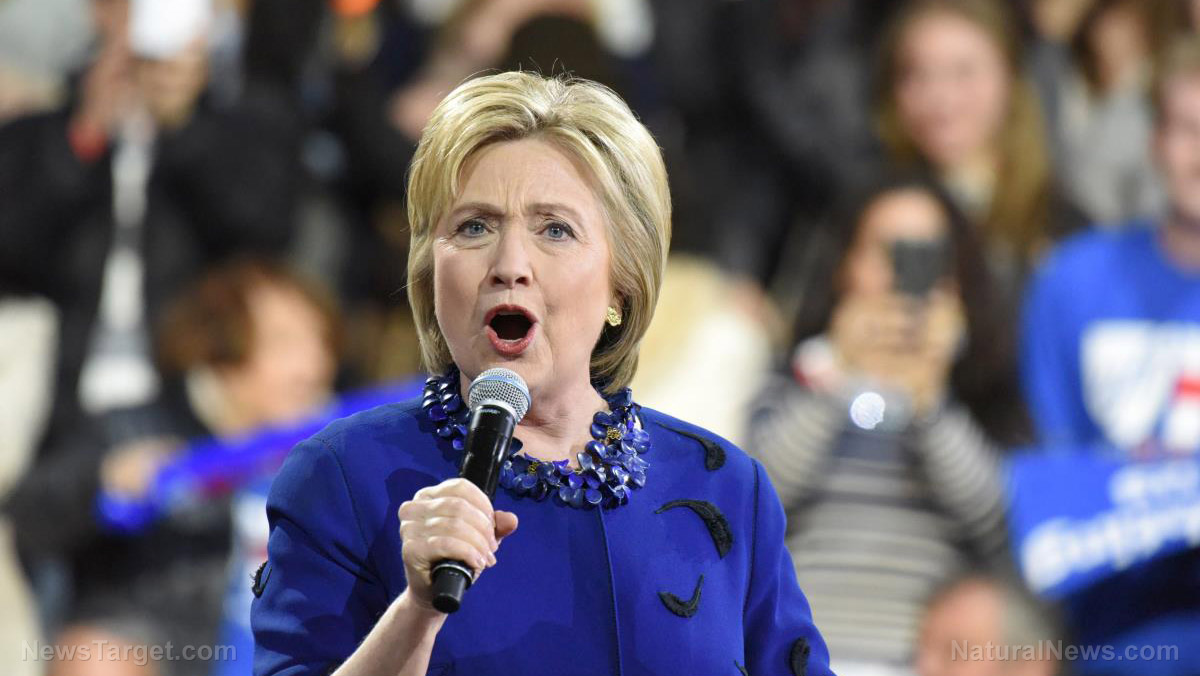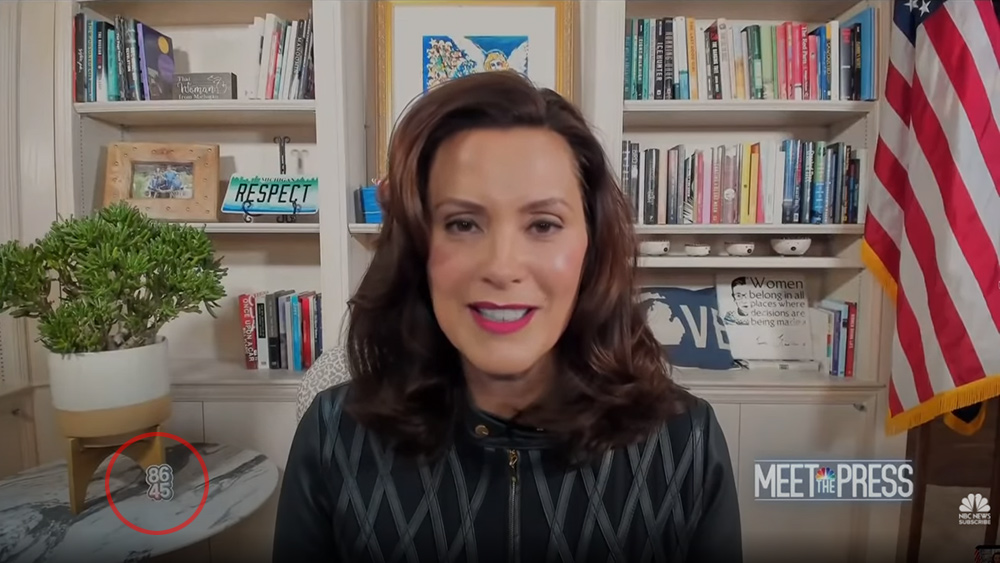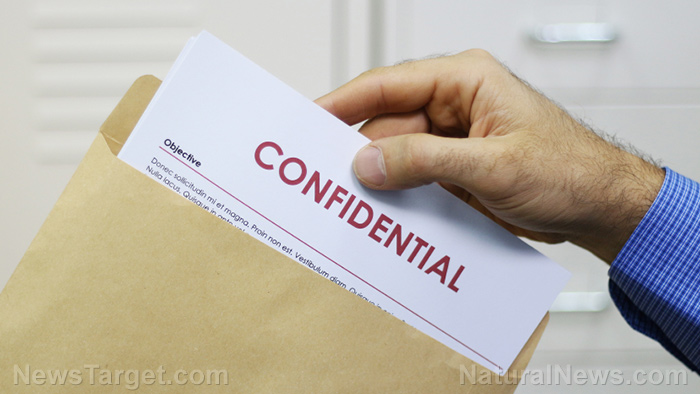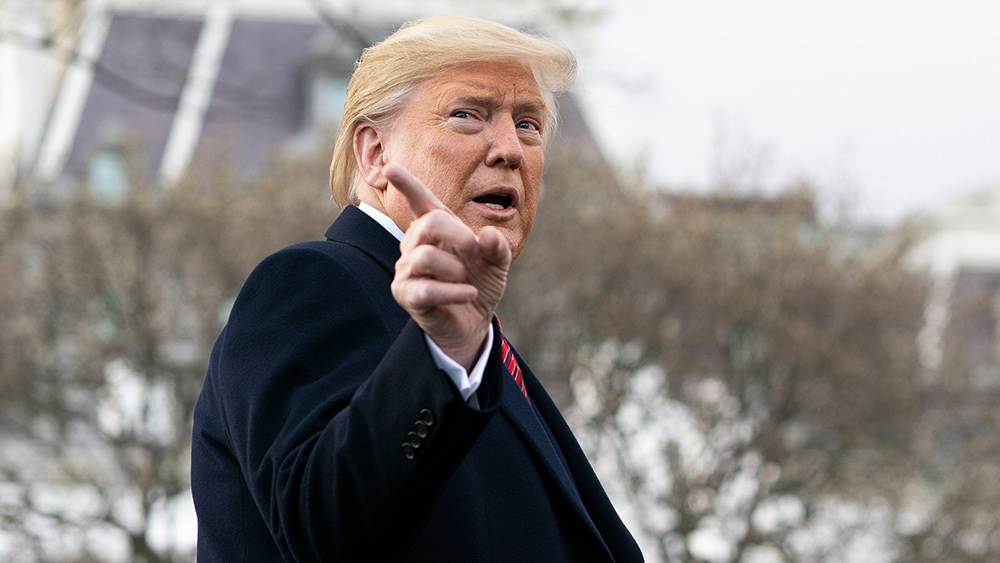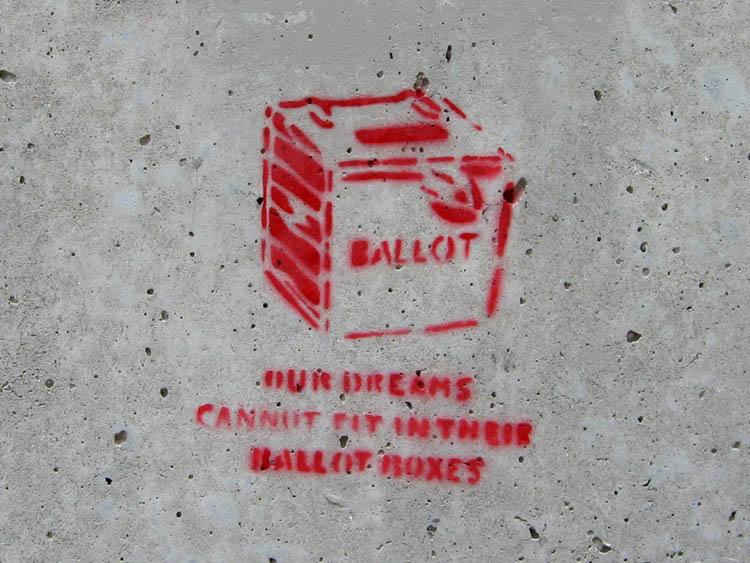SELLOUT Justice Roberts betrays again, allows Democrats to count Pennsylvania mail-in ballots 3 days after the election
10/21/2020 / By Ethan Huff
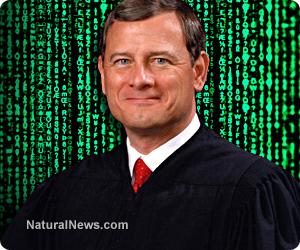
The Supreme Court has rejected an effort by Republicans in the state of Pennsylvania to disallow the counting of mail-in ballots that are received after Nov. 3.
In a striking 4–4 decision, Chief Justice John Roberts sided with his “liberal” colleagues by ruling that mail-in ballots received in Pennsylvania after Election Day can still be counted, just so long as they arrive by Nov. 6.
State Republicans had previously sought in a lower court to stop this from happening because of perceived voter fraud. When the lower court ruled against them, the case was escalated to the higher court, which currently has a vacant seat following the death of Ruth Bader Ginsburg.
Five votes would have been needed among the eight remaining justices in order to overturn this lower court ruling, however Justice Roberts did not see fit to lean that way. Instead, he decided to leave the lower court ruling intact.
“The Pennsylvania Supreme Court, which has a 5–2 Democratic majority, ruled on Sept. 17 that election officials can accept all mail-in ballots, including absentee ballots, up to three days after the Nov. 3 election, granting a request from the state’s Democratic Party,” The Epoch Times reports.
“In particular, the deadline was moved to 5 p.m. on Nov. 6 from 8 p.m. on Nov. 3, provided that the ballots are postmarked, or believed to be postmarked by 8 p.m. on election night. The court also let voters cast their ballots via drop boxes.”
Election Day is right around the corner. To track what is happening in real time, be sure to visit Trump.news.
Republicans say extending election day violates federal law
The lower court further rules that all ballots received on or before 5 p.m. on Nov. 6 that lack a postmark, a legible postmark, or other proof of mailing will still be counted as well, and “be presumed to have been mailed by Election Day unless a preponderance of the evidence demonstrates that it was mailed after Election Day.”
Again, due to concerns about voter fraud, Republicans remain adamantly opposed to any counting of ballots, and especially mail-in ballots, after Nov. 3. They argue that federal law sets Election Day as the first Tuesday after the first Monday in November, which this year lands on Nov. 3.
Any such decision to make a change must constitutionally go through lawmakers first, not the courts, they contend.
“By judicial fiat, that decision removed the principal method by which Pennsylvania structures its post-election process, permitting votes to be cast after Election Day and counted after Election Day,” Republican lawmakers wrote, lamenting the decision.
“By doing so, the decision creates multiple election days after November 3, 2020, in violation of federal law since votes can be cast (i.e. voted) after November 3, 2020. The decision also usurped the Pennsylvania General Assembly’s constitutionally-delegated authority to set the times, places, and manner of federal elections in Pennsylvania.”
Had Amy Coney Barrett already been confirmed, many are now speculating, the decision could have gone the other direction, assuming she would have sided with the other “conservative” justices.
In the event that Barrett makes it to the court before Election Day, however, the decision could still be overruled. In a tweet citing Politico, Josh Gerstein noted that the current ruling “could be short-lived if Trump’s nominee makes it to the court before or around Election Day.”
“Perfect,” joked one Epoch Times commenter about the fiasco. “Now we can watch as PA struggles to hunt Biden votes 3 days after the election. Roberts, a day of accounting is coming.”
“John Roberts has now completed his journey to full on leftist activist judge,” wrote another. “We need ACB (Amy Coney Barrett) on the court now more than ever.”
Sources for this article include:
Tagged Under: absentee, ballots, Cheating, Chief Justice John Roberts, Election Day, election fraud, Kathy Boockvar, left cult, mail-in ballots, Pennsylvania, President Trump, rigged, scotus, Supreme Court, traitors, treason, vote fraud, voting
RECENT NEWS & ARTICLES
COPYRIGHT © 2018 DECEPTION.NEWS
All content posted on this site is protected under Free Speech. Deception.news is not responsible for content written by contributing authors. The information on this site is provided for educational and entertainment purposes only. It is not intended as a substitute for professional advice of any kind. Deception.news assumes no responsibility for the use or misuse of this material. All trademarks, registered trademarks and service marks mentioned on this site are the property of their respective owners.


